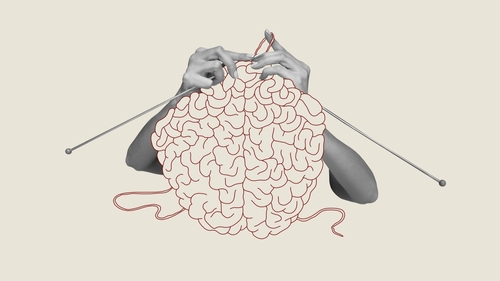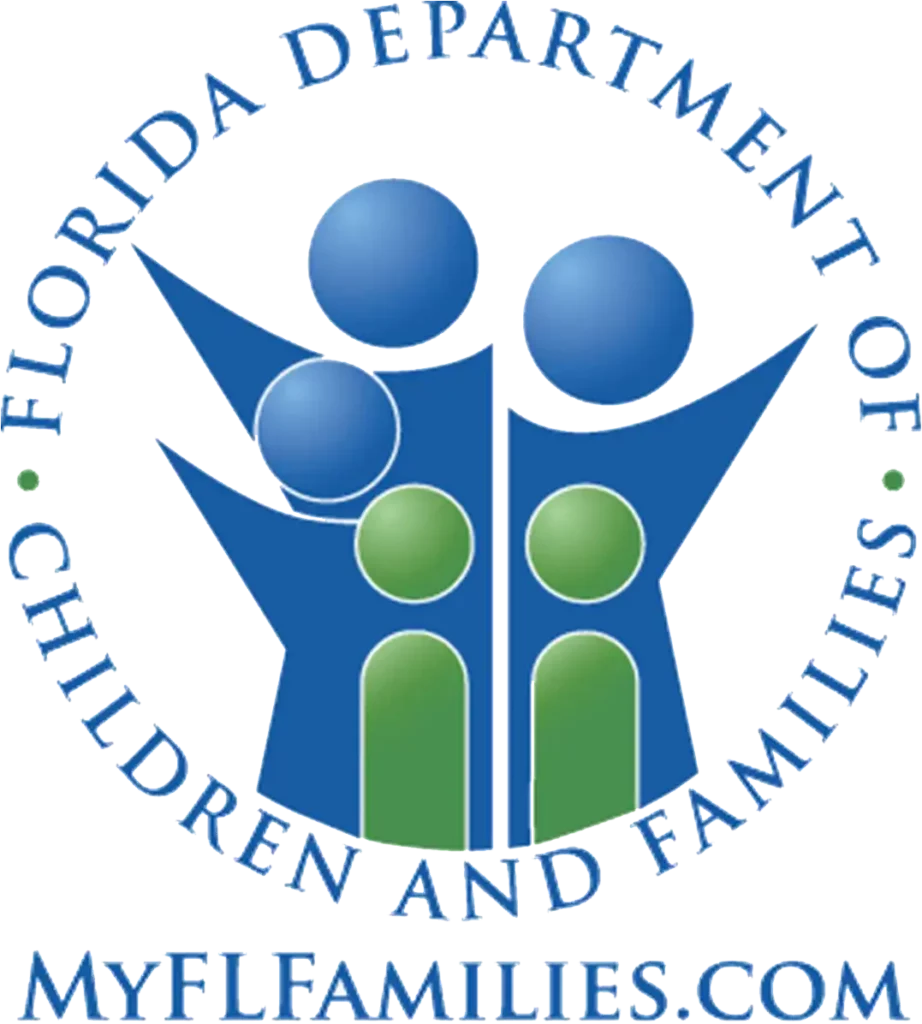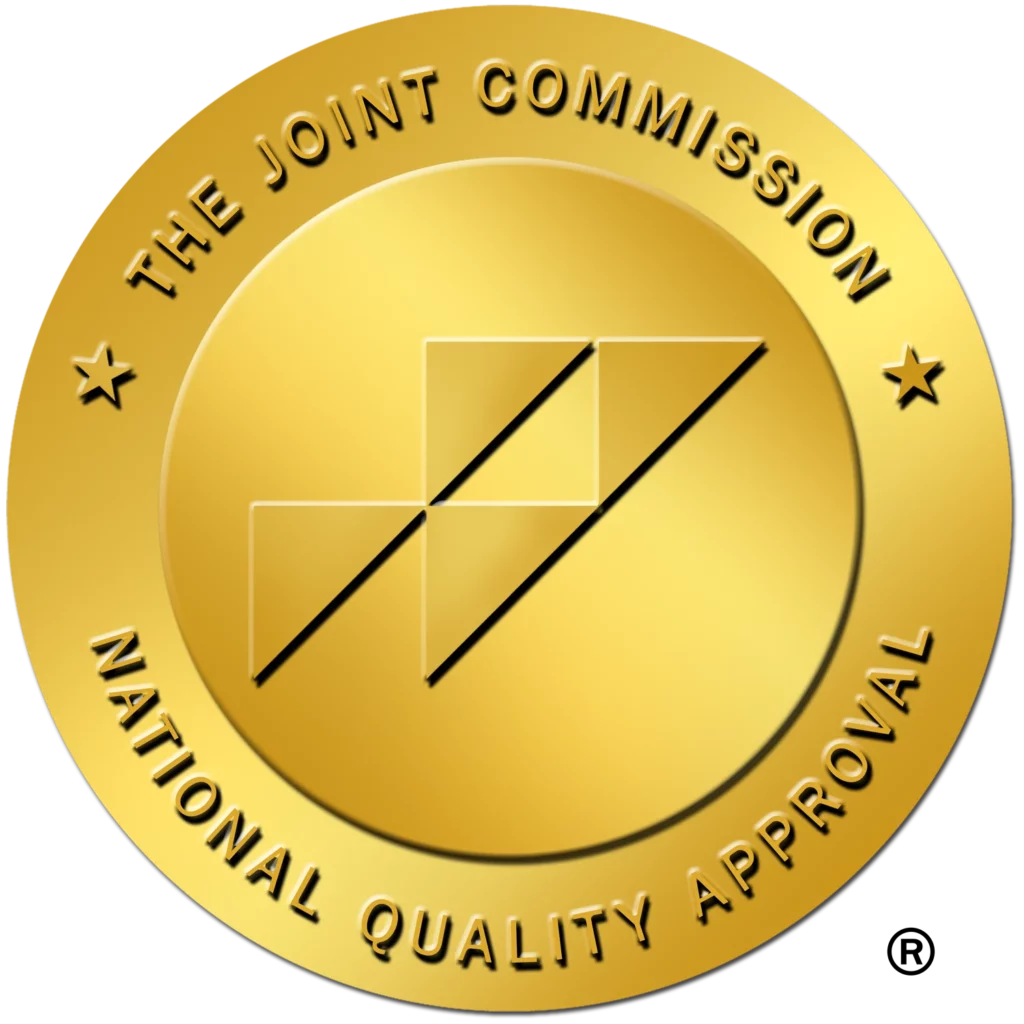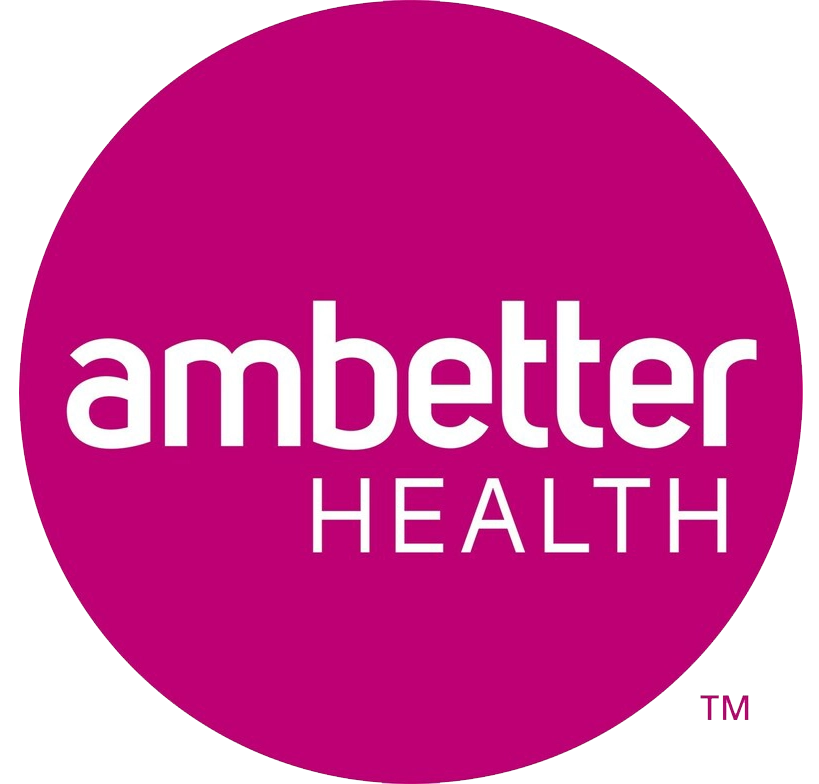Why is January Depressing?
This entry was posted in Mental Health and tagged Blue January, January depression, Why is January depressing on January 03, 2022 by Justin Baksh, MS, LMHC, MCAP, Chief Clinical Officer.
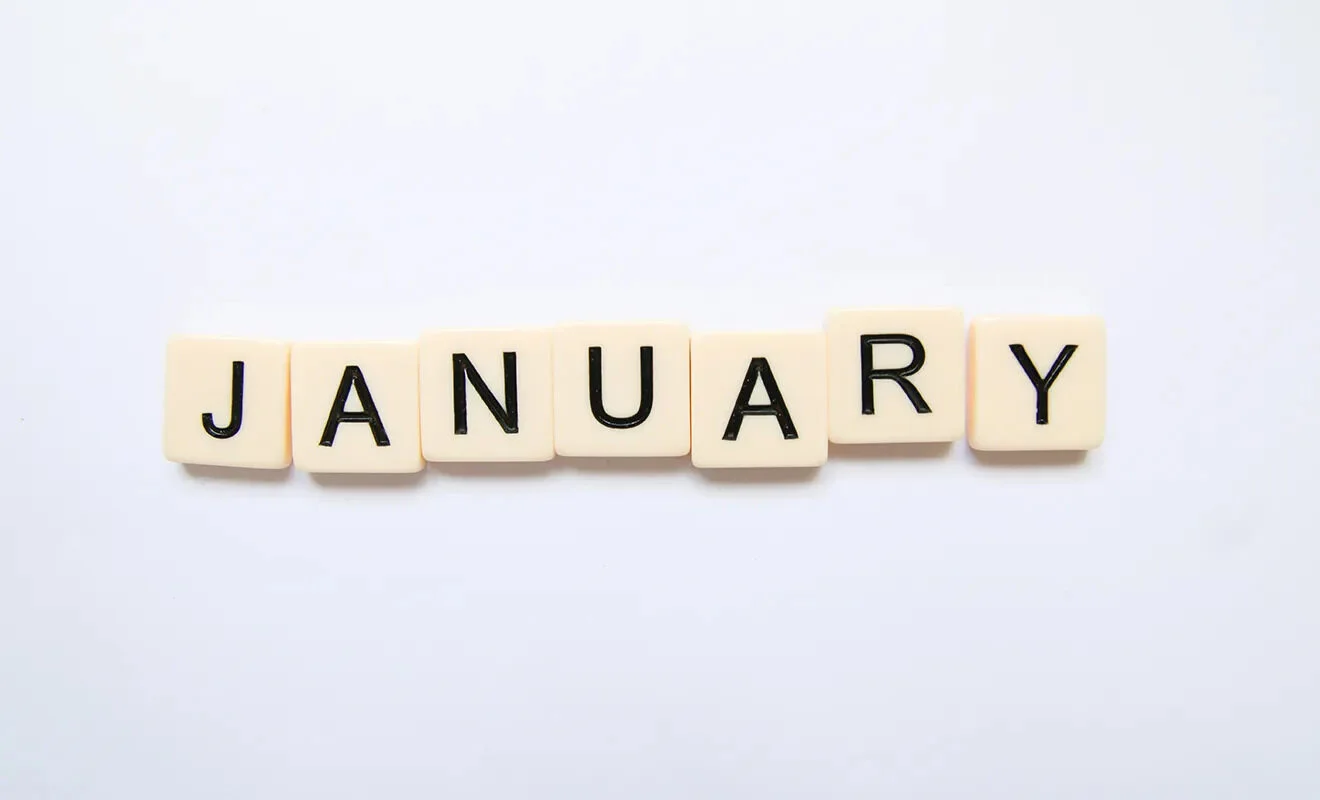
Daylight fades to night way too early and each morning greets us with the jolting realization that the holidays are over and it is time to go back to work. January depression has hit.
January Depression… Let Me Count the Ways
It is often said that January – dubbed “the Monday of months” – is the most depressing month of the year.
It isn’t difficult to figure out why. After a month of fun, food, and gifts, it’s back to reality. No matter how much time we take for vacation, we always seem to want more.
This is also the time of year when much of the United States is shivering in the cold while the snowy weather consumes the remaining sunlight. January falls smack in the middle of winter, the least favorite of the four seasons.
What seemed a bright and happy new year tends to fade as the month wears on. Shiny New Year’s resolutions to lose weight, drink less alcohol, and be better human beings have gone out the window just days or weeks later.
And then there is the financial aspect. The bills are beginning to arrive from all the beautiful gifts given when we felt particularly generous during the holidays. Americans rack up an average of $1,300 in credit card debt during the most festive month of the year.
In January, you can almost see and feel the blues all around you. Your mental health suffers.
Blue Monday: The Most Depressing Day of the Year?
Along with bulging waistlines, mounting debt, the shock of resuming work after time off and (for some) cold, wintery weather, there is Blue Monday to deal with.
Falling on the third Monday in January, Blue Monday is supposedly the most depressing day of the year.
Psychologist Cliff Arnall gained widespread media coverage when he proposed this idea in 2004. Taking into consideration several factors that contribute to low mood, he crafted the following formula:
![Blue Monday formula, [W + (D-d)] x Tq,, MxNa, Why is January so Depressing, Foundations Wellness Center](https://foundationswellness.net/wp-content/uploads/2022/01/Blue-Monday-formula-W-D-d-x-Tq-MxNa-Why-is-January-so-Depressing-Foundations-Wellness-Center-300x99.png)
W = weather
D = debt
d = monthly salary
T = time since Christmas
Q = time since failing our new year’s resolutions
M = low motivational levels
Na = the feeling of a need to take action
Later, Arnall admitted that the formula is pure pseudoscience – created as part of a public relations stint – and has called on the British public to “refute the entire notion” of Blue January.
Nonetheless, there is a very real seasonal depression.
Is it January Depression, or Seasonal Affective Disorder?
Seasonal affective disorder (SAD) can be a severe condition that should not be ignored. People who suffer from SAD experience mood swings and symptoms similar to those of depression. And just like depression, SAD can have serious impacts on day-to-day activities, both professionally and personally.
Shorter daylight hours and less sunlight during the winter months have been linked to SAD, characterized by a biochemical imbalance in the brain. In response to seasonal changes, people experience a shift in their internal biological clock, also known as their circadian rhythm, which can cause them to become out of sync with their daily schedule. Those who live farther from the equator, with fewer daylight hours in the winter, are more likely to suffer from seasonal affective disorder.
Consequently, the symptoms manifest themselves during the winter and fall months when there is less sunlight, and they gradually improve as the seasons change and the sun returns. In the United States, January and February are the most difficult for people who suffer from seasonal affective disorder (SAD). Some people suffer from seasonal affective disorder (SAD) during the summer months, though it is much less likely to occur.
The fact is that as the days grow shorter and colder, it is wise to pay greater attention to your mental wellbeing and take a proactive approach to substance abuse. Maintaining one’s health is essential throughout the year, but it is crucial during winter. Increase the amount of light in your home, eat a nutrient-dense diet, exercise daily, and seek advice from a specialist when necessary.
Avoiding treatment for SAD can result in more problems, including the use of drugs or other addictive substances.
January Depression Can Lead to Addiction
The use of specific stimuli – such as alcohol or drugs – has been shown to help people “numb the pain” they are experiencing. When the winter season arrives and depression cannot be shaken, some people turn to substance abuse as a solution.
Realistically, however, a substance will not make anything better. It may even cause people to become addicted to it.
If you are suffering from SAD, depression, or another condition that leads you to the drug or the drink, seek help. Qualified addiction centers that treat co-occurring conditions can be a lifesaver.




